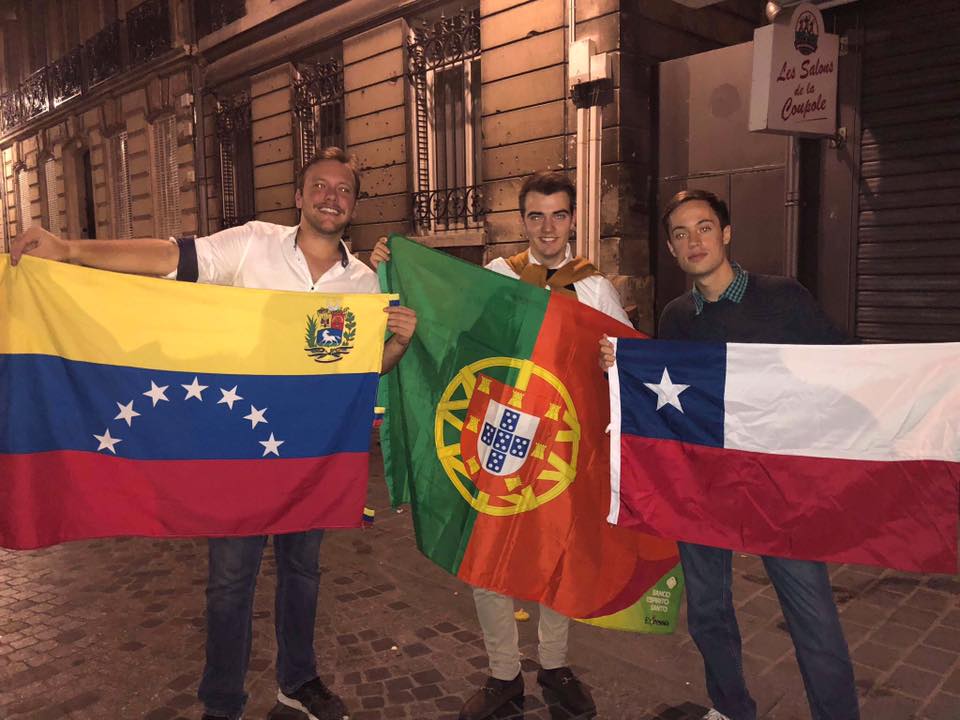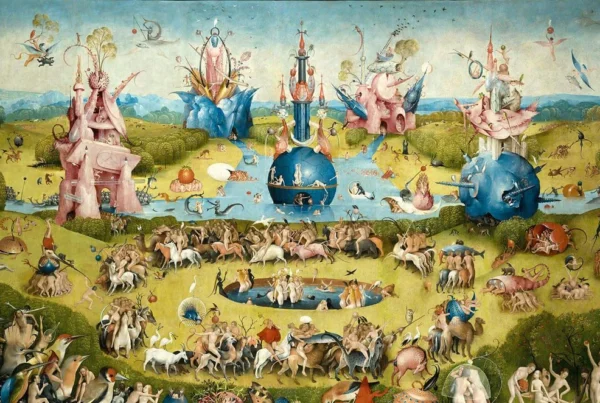A couple of days ago ALAS (Asociación Latinoamericana Solidaria, the Association for Latin American Solidarity) was voted in as a new student initiative and achieved full association status. These past weeks, the association has established itself by hosting events to share Latin American culture, whether it be through literature, music, dancing, and, of course, partying. This was especially clear at the Cuba party a couple of weeks ago.
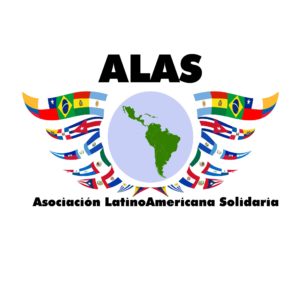
Logo of ALAS
Before ALAS, there was no platform on campus to share Latin American culture and no community for those interested in the continent.
“Many people don’t know that many parts of North America are in fact Latin America,” Catalina Espinoza Gardiola, co-president of ALAS, told me.
This is relevant to academics in Sciences Po as well, “In classes, there is a pretty big neglect of what’s going on in Latin America. So we wanted to give it more of a balance”, Tomás Le Louran, the communication executive, explained. It is clear that the founders of this association want to bring more attention to Latin America as it is seemingly a mystery to many.
A vast continent and a cultural driving force in the world, Latin America is extremely significant. Not only is it ubiquitous culturally, through its languages, arts and peoples, but it is increasingly influential on the international scene. Through worldwide migration, Latin Americans are permeating Europe and the USA. Moreover, the rising economic potential of Latin American nations reminds us that the region cannot be ignored.
However, ALAS was not created due to the absence of a Latin American community on campus, on the contrary, it was a response to the growing presence of Latin Americans here. “On this campus, we are an under-represented region of the world, and we are a strong, growing community”, Camila Torres, an executive of the Solidarity Pole, tells us. Indeed, there is strength in numbers: the proportion of Latin Americans on our campus has grown in past years, and this year they are making their presence felt.
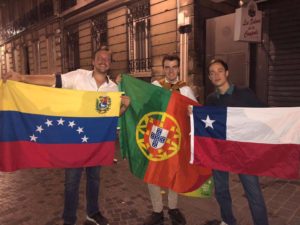
Members of ALAS. Picture by Iker del Val.
The association sets out to attain several key goals. Firstly: breaking stereotypes. “There are some set ideas about what Latin America is: violence everywhere, you can’t live there, it’s all about drugs or hot women. But it isn’t that easy,” Tomás explains.
Camila, moreover, states that “Latin America is overwhelmed by stereotypes that don’t allow contemporary issues to be a matter of concern in Europe. We want to teach people what we are and what is actually going on.”
On that matter, the strategy is twofold: to give to the campus by sharing Latin American culture and giving back to the continent itself by helping out. For the former, ALAS is planning to host more parties, conduct dancing workshops for those who do not dance (yet), arrange culinary events, and organize conferences on Latin American current affairs. The list goes on.
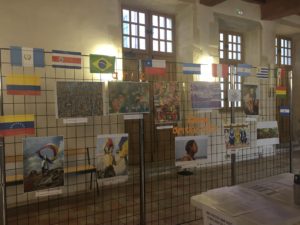
Picture by Iker del Val.
To give back to the continent, the solidarity team of ALAS is planning two main actions. Firstly, to respond immediately to natural disasters by providing, to the extent of their means, relief. This will entail resource collection as well as coordination with Latin American NGOs. Secondly, ALAS aims to establish language partnerships with these NGOs to help teach their workers new languages such as English and French. This will help expand their agency and impact. Catalina tells us “Alas means wings in Spanish. When you give wings to someone, you give them the opportunity to grow and develop. We hope we can give wings to some people in Latin America.”
This association is not only a question of acting and promoting but also a matter of feeling. ALAS, like any other cultural association, serves another, often neglected, purpose. Beyond its concrete actions, it hopes to spread the feeling of home. Despite the distance, it is a way to represent our home, to remember it, but more importantly to help it, and speak out for it. ALAS is an attempt to turn homesickness into something meaningful. Amidst the frenzy of this place, it hopes to express the love and passion we feel for our roots.
Iker del Val is a Culture writer for the Sundial Press. Born and raised in Spain, he has also lived in California and Italy, where he was editor of the philosophy magazine DoWeKnow. He is now a first year student in the Euro-American program.
Other posts that may interest you:
Discover more from The Sundial Press
Subscribe to get the latest posts sent to your email.


